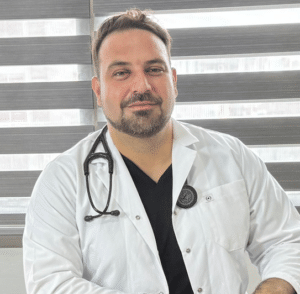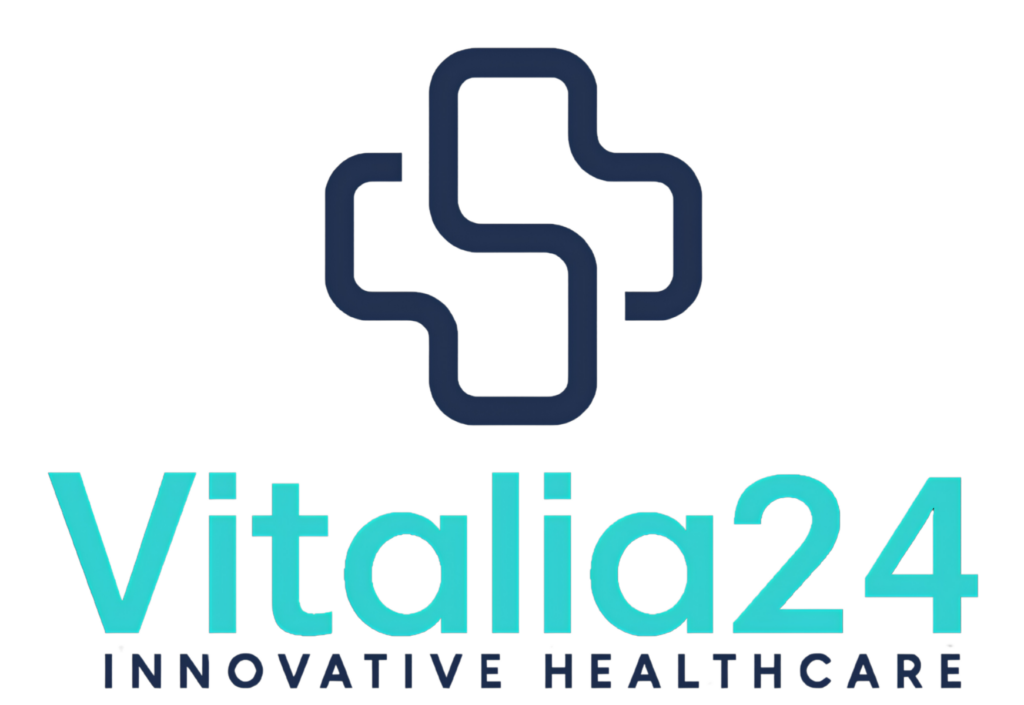Stem Cell Therapy for Autism: Exploring the Potential with Vitalia24
In this video featuring Dr. Alex from Vitalia24, Stem Cell Therapy is discussed as a promising avenue for treating autism in children.
Dr. Alex, with a rich background in genetics, regenerative medicine, and more, explains in detail how stem cell treatments, combined with traditional therapies, may help minimize the impact of autism’s core features.
Why is Stem Cell Therapy applied to autistic Children?
The perceived effectiveness of stem cell therapy largely stems from positive feedback from parents, particularly regarding mesenchymal stem cells derived from umbilical cords.
Younger children tend to exhibit more noticeable improvements due to the brain’s higher malleability. Vitalia24 generally considers patients up to 14-15 years old, as effects are less dramatic beyond this age.

Vitalia24’s Approach in Stem Cell Therapy for Autism
Vitalia24 evaluates each patient individually, taking into account cognitive and speech therapy, home life, and other factors.
The treatment involves intravenous infusions of stem cells and exosomes, typically two infusions per day, each lasting 30-40 minutes.
Patients are usually discharged on the same day. They primarily use allogenic mesenchymal stem cells from the placenta and umbilical cord, donated by mothers after birth.
Observed Improvements and Treatment Details of Stem Cell Therapy for Autism
Improvements reported include better eating and sleeping patterns and increased comfort in social situations. To be considered for treatment, a medical diagnosis of autism and specific blood test results are required. Short video clips showcasing the child’s movements and interactions are also needed. Vitalia24 uses stem cells from Stemo, a government-approved bio facility with high accreditation standards.
The treatment includes stem cells, exosomes, medical follow-up, and post-treatment care, including intranasal exosomes for seven days post-treatment. The dosage involves 1.5 million stem cells per kilogram of the patient’s weight daily, followed by 1 billion exosomes daily.
The following benefits can be expected from Stem Cell Therapy
- Reducing Neuroinflammation:
- Stem cell-derived exosomes reduce brain inflammation.
- Improving Neural Connectivity:
- Promoting synaptic plasticity to enhance neuron communication.
- Potentially improving behavioral and cognitive functions.
- Delivering Therapeutic Molecules:
- Transporting microRNAs and other molecules to modulate gene expression.
- Potentially addressing underlying genetic factors.
Potential in other neurological diseases:
- Alzheimer’s Disease:
- Exosomes deliver therapeutic agents targeting beta-amyloid plaques.
- Parkinson’s Disease:
- Restoring dopaminergic neurons and reducing inflammation.
- Traumatic Brain Injury:
- Promoting neural repair and reducing secondary brain damage.
- Multiple Sclerosis (MS):
- Modulating immune responses and supporting myelin regeneration.
Conclusion
Stem cell therapy presents a promising option for autism treatment in children, particularly when combined with other therapies. Vitalia24 offers a comprehensive approach, focusing on high-quality stem cells and thorough patient care.
If you’re considering Stem Cell and Exosome therapy or want to learn more about its applications, contact Vitalia24 for more information.



